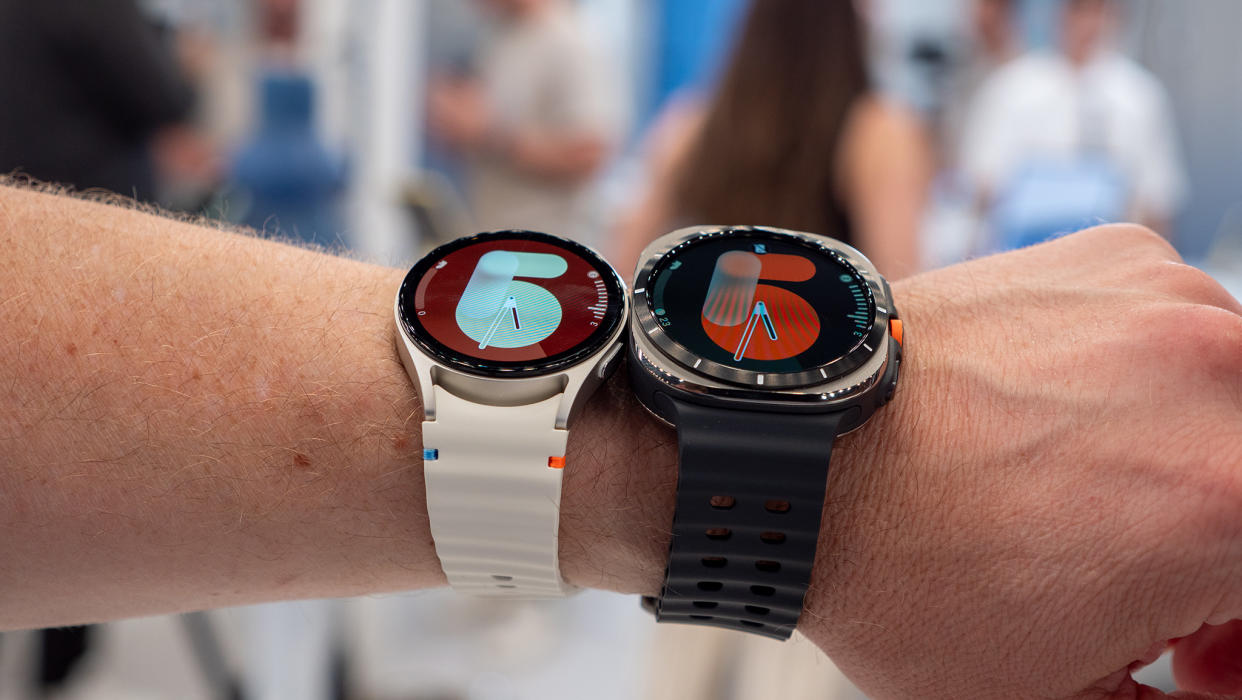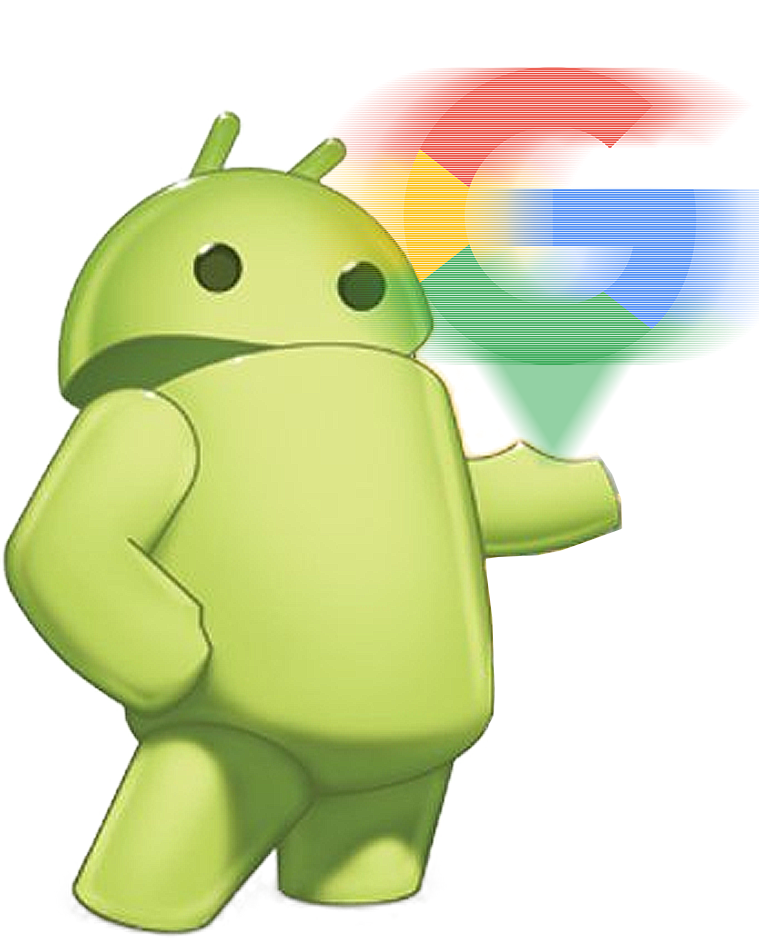This Galaxy Watch 7 feature is the reason I'm not giving up on smartwatches

Beyond the Alphabet

Beyond the Alphabet is a weekly column that focuses on the tech world both inside and out of the confines of Mountain View.
I've tried giving up on smartwatches, honestly. It gets annoying when you have to remember to charge something other than a phone all of the time. But there are a few reasons why I cycle between the Apple Watch Ultra, the Galaxy Watch, and others, and Samsung just gave me another great reason to stick with wearing them with its latest smartwatches.
I'll start by saying that I'm a sucker for keeping track of my sleep, as I can look at how long I was asleep and have a pretty idea of how the day is going to go. Instead of wondering why I feel like crap, I already know it'd probably be due to the 3.5 hours of sleep that I'm averaging.
However, there's another potential reason, and it's one that I've been avoiding for years — sleep apnea. For reasons that will become clear momentarily, I never thought that any of the best smartwatches would be capable of detecting sleep apnea.
In most instances, if you think you suffer from sleep apnea, you talk to your doctor and then perform a sleep study. However, introducing such a feature with the Galaxy Watch 7 and Watch Ultra will hopefully remove some guesswork. Instead of going to your doctor and just telling them that you're tired, you can hopefully use the data from your smartwatch to provide some support to your theory.
Samsung gave me a real reason to upgrade

It's the introduction of this functionality that has me actually intrigued about picking up one of these. Over the years, I just assumed that I was put on this planet for the purpose of being exhausted. It wasn't until I began dating my now-wife that I realized something else might be going on.
There were several times when she would wake me up in the middle of the night, seemingly for no reason. As it turns out, she was doing it for a good reason: she would wake up in the middle of the night, and it would sound like I wasn't breathing.
Things got a little better after I lost about 50 pounds, but according to my wife, it still happens on occasion. The difference now is that if I'm being woken up in the middle of the night, it's because something might be wrong with our five-month-old son.

If I turn off the "tech enthusiast" part of my brain and think about the potential health benefits and not just because it's something "new and shiny," a new Galaxy Watch might be in the cards. The only reason why I haven't pre-ordered one for myself just yet is because the feature is apparently coming to the Galaxy Watch 6.
When pairing my Watch 6 Classic running the One UI Watch 6 beta with the Galaxy Z Fold 6, it appeared in the "new features" section. However, I have yet to be able to find any mention of it since, so I'm not entirely convinced that it's going to work. At this point, I'll probably re-evaluate whether I'll upgrade or just stick with what I've got.

There is another reason that could drive me to upgrade anyway, and it's partially because of the "new and shiny" factor. With the Watch 7 and Watch 7 Ultra, Samsung introduced a new and enhanced BioActive sensor. Samsung claims this will offer "more precise readings," thanks to the new array of LEDs paired with an "increased number of green, red, and infrared LEDs."
On paper, this should result in more accurate and reliable tracking, which should make the Watch 7 a better health accessory than its predecessor.
Use your noggin

It's important for me to note that I called the Watch 7 a health "accessory" and didn't use a different adjective. You'll have to dig back into the Android Central archives a bit, but our own Jerry Hildenbrand wrote about something similar.
Besides being a fantastic article, Jerry rightly points out that all of these various wearable devices can't replace actual equipment. I mean that in the sense of the equipment found in your doctor's office, it is not something you can pick up from Amazon or Best Buy.
The technology in our devices continues to evolve regularly, even in ways that you might not have known about. Wearable devices are even more prone to dramatic improvements, as there are regulatory hurdles to clear before a company can tell you that a smartwatch keeps track of your heart rate.
As Jerry says, "If you think something isn't right, go see the doctor and make sure. You can still enjoy your smartwatch even if it's not the caretaker of everything the company that sells it told you it was."
However, these are also mass-produced on a completely different scale compared to health equipment. Companies need to make as many wearables as they can based on projected sales figures and available components. This is not a bad thing, but it's just something to keep in the back of your mind if you want to let a smartwatch tell you that everything's okay when it's actually the opposite.

Even with the surprising FDA approval, Samsung's smartwatch can't tell you with any degree of certainty that you do, or don't, have sleep apnea. What it does do is nudge you in the right direction, suggesting that you reach out to your doctor or another healthcare professional.
I know that this probably sounds like I'm doing a lot of mental gymnastics to justify buying the "latest and greatest." However, that's not actually the case this time around, as the Galaxy Watch 7 and Ultra offer legitimate health benefits that aren't found elsewhere.
